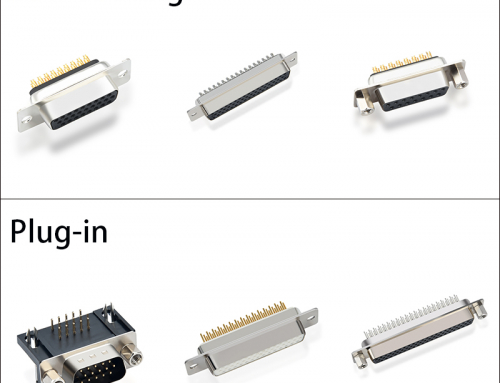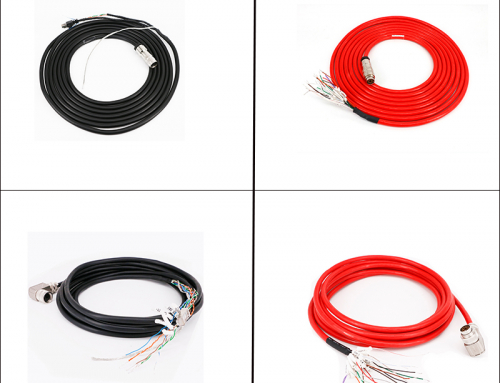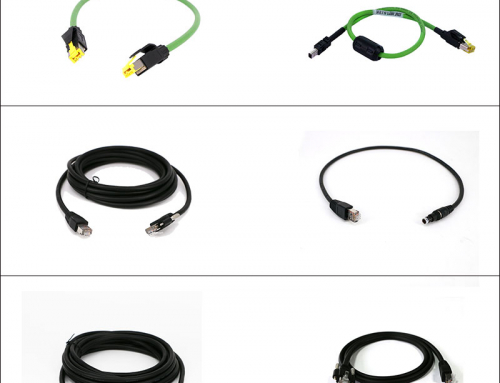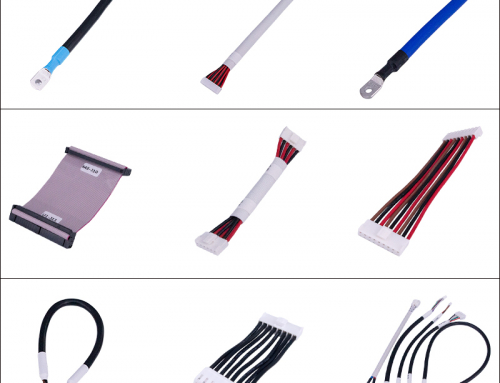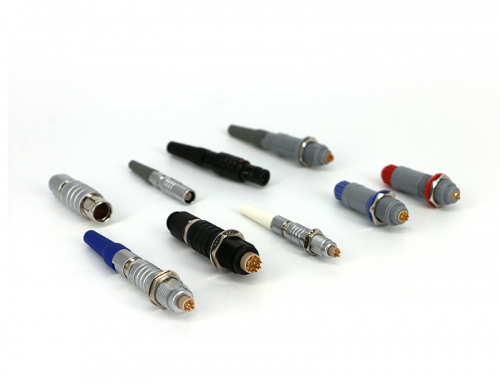Connectors’ contact terminals play a crucial role in ensuring accurate and reliable transmission of signals and data. Connectors come in various types and sizes, and each type has its own advantages and disadvantages.
- Gold-plated connectors: Gold-plated connectors have gold plating on their contact terminals, which makes them highly resistant to corrosion and improves conductivity. They are commonly used in high-end audio systems and equipment where high performance and reliability are essential. However, gold-plated connectors are more expensive than other types.
- Silver-plated connectors: Silver-plated connectors have silver plating on their contact terminals, which is a slightly cheaper alternative to gold plating. They are also highly corrosion resistant and provide reliable conductivity. However, they are not as effective as gold-plated connectors in improving signal quality.
- Tin-Plated Connectors: Tin-plated connectors have tin plating on their contact terminals, which provides a degree of corrosion resistance and conductivity. However, they are not as effective as silver-plated or gold-plated connectors in improving signal quality.
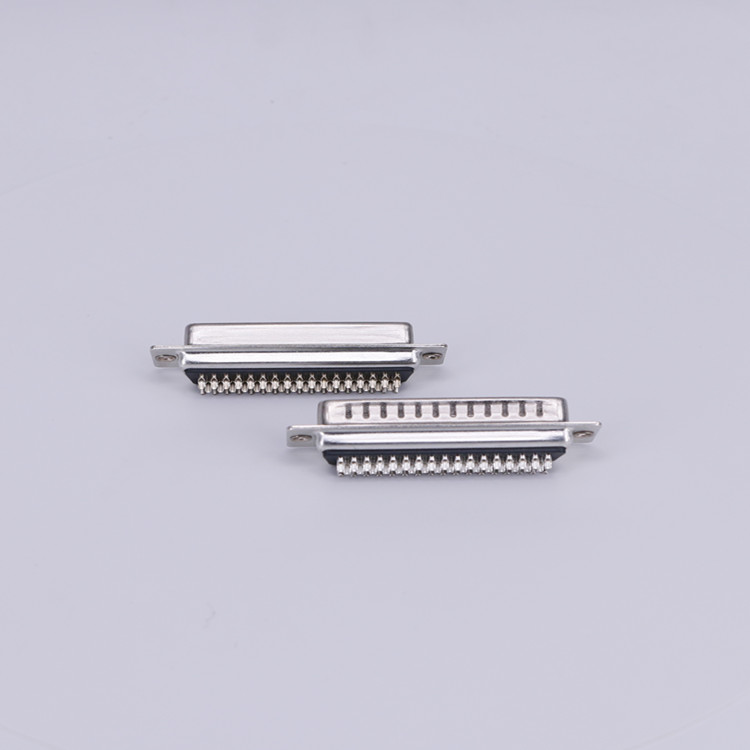
- Phosphor bronze connectors: Phosphor bronze connectors are made of a blend of copper and tin, which makes them highly corrosion resistant and provides reliable conductivity. They are commonly used in audio equipment and electronics where high performance and reliability are required.
- Beryllium Copper Connectors: Beryllium copper connectors have a unique blend of copper and beryllium, which provides high conductivity and excellent wear resistance. They are commonly used in applications where high reliability and performance are essential, such as in the automotive and aerospace industries.
Comparison of Connector Pin Types:

- Pin-and-Socket Connectors: Pin-and-socket connectors have pins that are inserted into sockets. They are commonly used in electronic devices where signal transmission is required, such as audio equipment and computers.
-
- Solderless Connectors: Solderless connectors eliminate the need for soldering, making them easy to assemble and disassemble. They are commonly used in consumer electronics, where quick assembly is important.
- Plug-and-Socket Connectors: Plug-and-socket connectors have pins that are inserted into sockets. They are commonly used in audio equipment, computer peripherals, and consumer electronics.
In general, connectors play a crucial role in the transmission of signals and data in electronic systems. They come in various types and sizes, and the type and size of the connector chosen should be based on the specific application and requirements. By selecting the right connector, manufacturers can ensure that their electronic devices perform at their optimum level, providing the best possible user experience.


